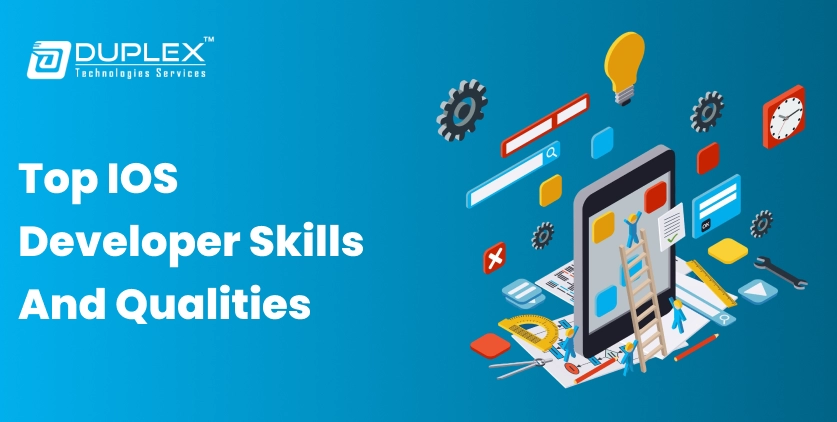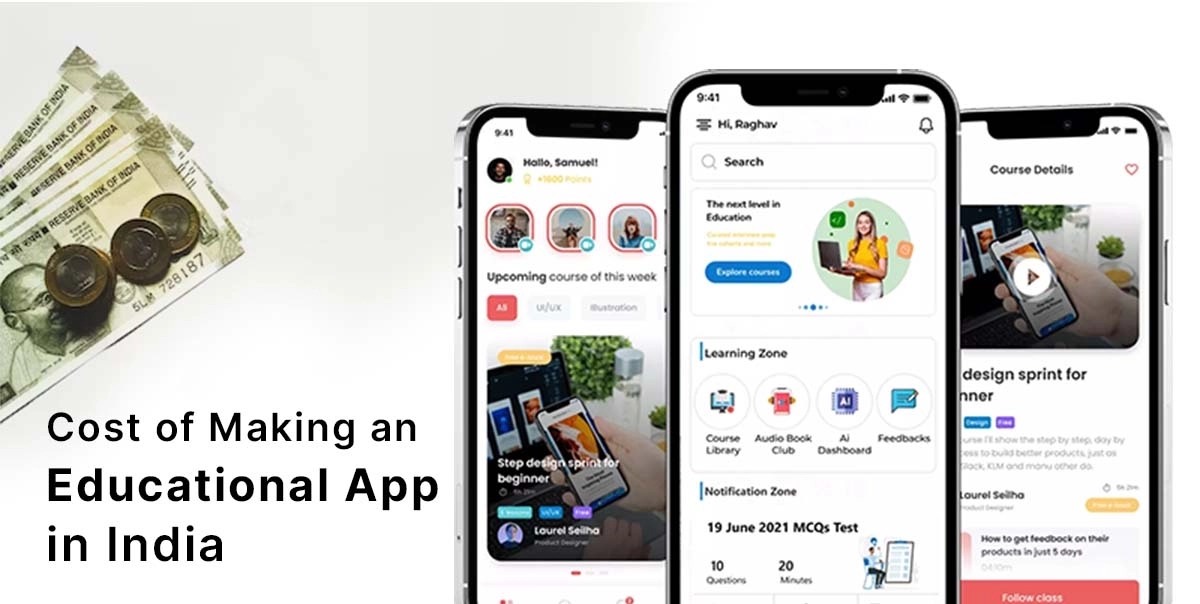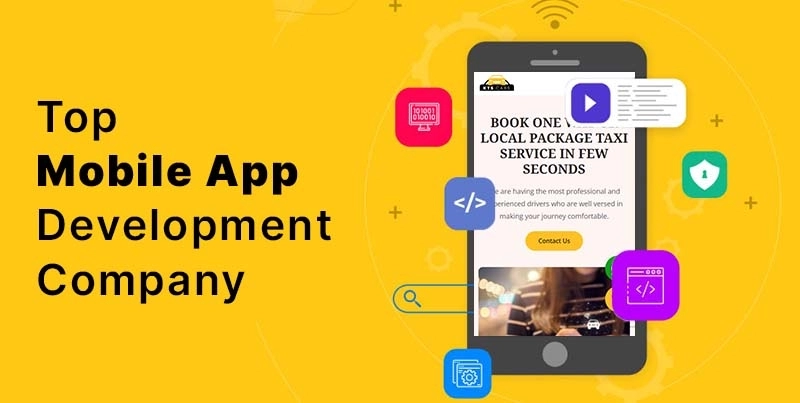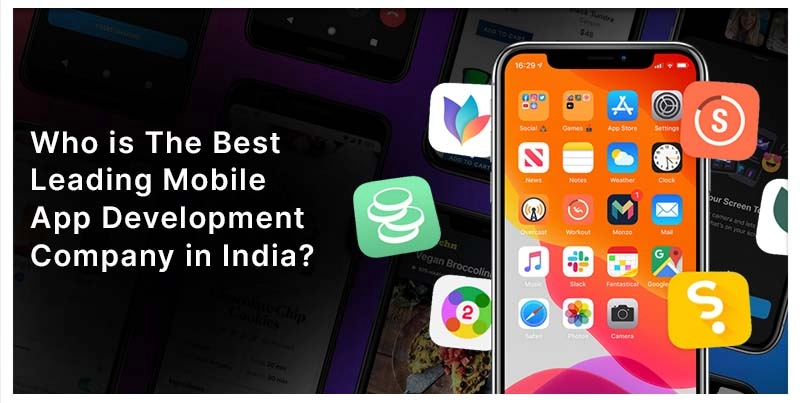Essential iOS Developer Skills and Key Qualities of a Skilled iOS Developer

Posted By : Adarsh Mishra, Posted Date : Sep 21, 2024
Introduction | Key Skills for iOS Developers
We are living in an ever-changing environment; mobile app development is the world in which the beat of iOS development finds itself creating and making applications friendly and creative for the Apple devices, with all the more increasing requirements being channeled through it, and again, this calls for highly skilled developers but those growing in need of identification with the best core skills to distinguish the professionals in the profession. Let's explore and discuss the six critical iOS developer skills which every single iOS developer needs to be a success in order to make great strides in his career and to deliver true software excellence as present in this blog post. The qualities of iOS developer are highlighted below:
Table of Contents
Swift Programming Language Proficiency
Swift is the high-performance, intuitive language developed by Apple that makes much of iOS development. Not mastering Swift should not be missed by any serious iOS developer. Here's why you cannot afford to do without it:
-
Modern and Efficient: Swift is built to be faster, more secure, and easier to read than its predecessor, Objective-C. Modern Syntax: This language syntax has been made to write cleaner, better-looking code for efficiency.
-
Safety Features: It offers optionals and type inference, thereby avoiding common programming errors that otherwise pollute the elegance of the code.
-
Performance: Swift is essentially as fast as C++. If you need some high-performance applications, then Swift will be an excellent choice to make.
-
Ongoing Development: Apple is continuously developing Swift by adding new features as well as updates. Developers need to keep up with the changes since new features should be incorporated into applications.
To learn Swift properly, developers must:
-
Study the official Swift documentation and resources provided by Apple.
-
Practice writing code regularly, starting with small projects and gradually increasing complexity.
-
Explore Swift's advanced features, such as protocols, generics, and functional programming concepts.
-
Keep up with Swift updates and participate in the Swift developer community for insights and best practices.
Understanding of iOS Frameworks and APIs
The strong frameworks and APIs Apple provides are highly dependent on iOS development. These include already existing components and functionalities that make development smoother for one. Some of the main ones are as follows:
- UIKit: This is a base to create user interfaces in the iOS application.
- SwiftUI: This is from Apple and represents a modern UI framework that allows the declarative approach to designing your user interface.
- Core Data: Used in working with data management and persistence in apps.
- Core Animation: for smooth or dynamic user interface animations
- Core Location: for location-based services in applications
- AVFoundation: audiovisual media working frameworks for applications
- HealthKit: for health and fitness integration
- ARKit: for developing an augmented reality experience
- Expertise in such frameworks is usually gained through the knowledge of what each of the frameworks is used for and what you can do with it.
- Knowing when and how to use it effectively for your projects.
- Keep track of the new frameworks and variations in API developed with each version of iOS.
- Less common frameworks that you can use when the demand of your app becomes a little unusual.
User Interface Design and User Experience
This is a very critical skill for iOS developers: creating beautiful, intuitive user interfaces. A good understanding of UI/UX principles helps develop apps that not only look attractive but also provide an excellent user experience. Some of the major things involved are as follows:.
-
Human Interface Guidelines: Familiarity with Apple's design guidelines ensures that your apps have that feel of being natively part of the iOS and provide a similar level of user experience across apps.
-
Adaptive Layout: Mastering Auto Layout and size classes to adapt to a range of screens and orientations
-
Accessibility: Incorporate accessibility features so that your apps can be used by people with a wide range of disabilities.
-
Animation and Transitions: Effective use of animations to make the user experience better without overloading the interface.
-
Prototyping: Ability to produce rapid prototypes in order to test and refine UI concepts before they go in as fully implemented objects.
To truly excel in the following:
-
Study successful iOS applications and dig into their UI/UX decisions.
-
Practice implementing complex layouts and animations.
-
Learn to use design tools like Sketch or Figma to collaborate well with designers.
-
Test your applications frequently on different types of devices to gain a consistent experience.
Version Control and Collaboration
Proficiency in the version control systems, especially Git, is very important in today's collaborative development environment. This deals with not just commit and push code but also critical advanced skills like the following:
-
Branching Strategies: Effective use of branching strategies for implementing feature development, bug fixes, and releases
-
Merge Conflict Resolution: Effortless resolution of merge conflicts and understanding implications of different merge strategies.
-
Code Review: Participate in and lead deep code reviews to maintain the best quality of the code and share with the team.
-
Continuous Integration/Continuous Deployment (CI/CD): Knowledge on CI/CD pipelines and how they integrate into a version control system
To become a better version control user
-
Use Git for personal projects to get accustomed to a number of different commands and workflows.
-
Join open source projects to be familiar with collaborative development practices.
-
Learn best use cases for the tools and integrations of Git within your development environment.
-
Master large codebase management and organization.
Testing and Debugging
The art of developing strong, bug-free applications incorporates high testing and debugging capabilities. An iOS developer should be proficient in:
-
Unit Testing: Ability to write and maintain healthy unit tests concerning the functionalities that ensure the individual components of the application work fine.
-
UI Testing: automated UI testing, which enables one to verify exactly what the app does from the user's perspective.
-
Performance Testing: Discovering performance bottlenecks using the right measures to ensure smooth application running.
-
Debugging Techniques: Development and assessment of complex debugging techniques using Xcode, including breakpoints, console logging, instruments.
-
Crash Analysis: Analyze crash reports and seek causes of issues.
Best practices in building your testing and debugging skills
-
Try test-driven development on your projects.
-
Familiarize yourself with the XCTest framework as well as Xcode's testing tools.
-
Conduct a combination of unit and UI tests on your apps.
-
Learn to use instruments for performance profiling and memory leak detection.
-
Periodically review and analyze crash reports from beta testers or from production apps.
Continuous Learning and Adaptability
The landscape of iOS is constantly changing with the introduction of new technologies and frameworks plus best practices. Probably one of the most crucial skills to succeed in iOS development in the long run is to learn continually and adapt to those changes:
-
keeping abreast of the latest iOS updates, when new APIs surface, and development tools.
-
New Technologies Exciting new technologies: Machine learning, ARKit, and more.
-
Engagement with the Community Join communities working on iOS apps, attend conferences, and take part in open-source projects.
-
Cross-Platform App Development Get familiar with the cross-platform approaches and see where they stand concerning native iOS app development.
-
Soft Skills Development Developing communication, problem solving, and project management skills, alongside technical skills.
To be able to always have a learning mindset.
-
Schedule regular time to try out new iOS features and technologies.
-
Read influential iOS developers, Apple's developer news, and related tech blogs
-
Listen to recordings of WWDC sessions and more to learn about new Apple technologies
-
Challenge yourself with personal projects that use the skill or technology
-
Always be available for feedback and ways to improve coding practices.
Get in touch with Duplex Technologies at +91-9452000089 for hiring iOS Developers
Mastering iOS development requires technical and design sensibility, collaborative ability, and the will to continue to evolve. Focusing on the six key areas—knowing Swift, understanding the iOS framework, UI/UX design skills, knowing a toolset for version control, being familiar with testing and debugging techniques and constant learning—helps developers position themselves for success in the ever-changing but fulfilling field of iOS app development.
Remember, however, that becoming a skilled iOS developer is a never-ending journey. Let each challenge convert into learning. Keep yourself curious about the evolving world of mobile technology. Dedication with the right skills will help you to be able to take your space among the most innovative and high-quality iOS applications that users love.













































